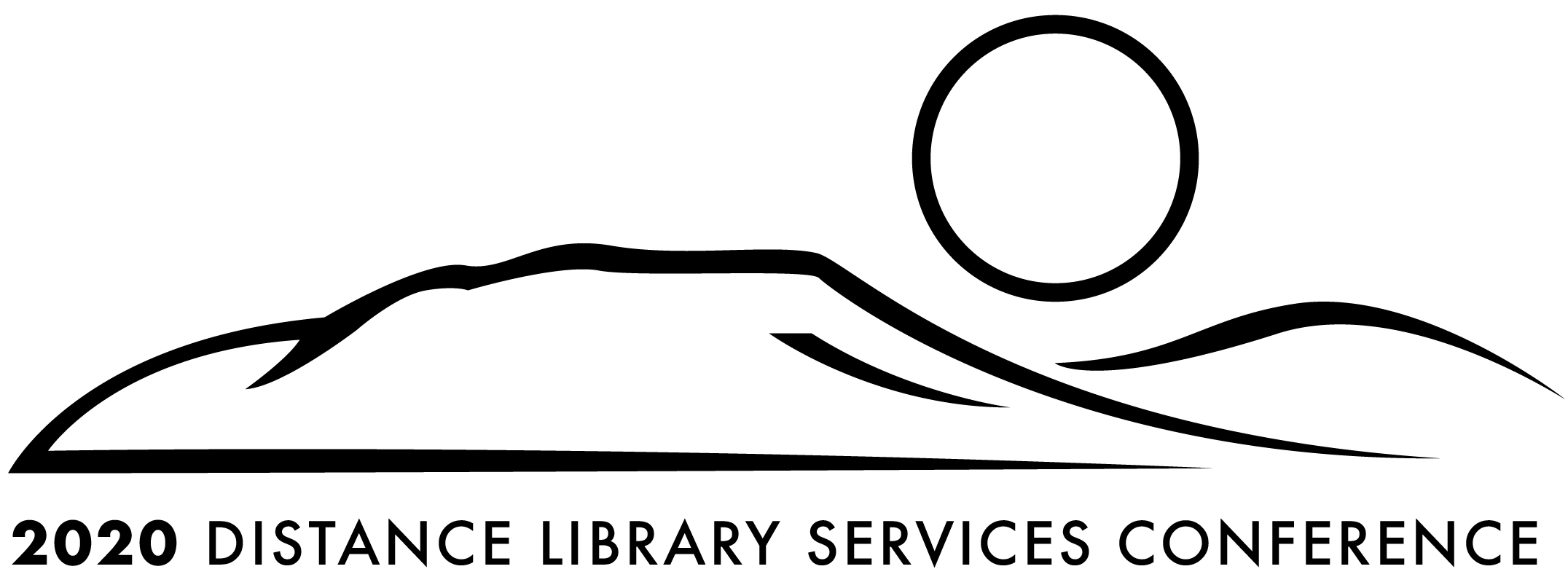Transforming FAQs into Instructional Reference Experiences
Session Format
In-person Presentation
Conference Tracks
Library Instruction and Instruction Design
Short Description
A robust knowledgebase provides a virtually barrier-free avenue for users to get an answer to their question and serves as a portal for introducing additional resources and services. Because of this ease-of-access and potential for promoting services, librarians should craft FAQ answers as carefully as we conduct synchronous reference interactions. This presentation will share efforts to review a neglected knowledgebase with the goal of transforming FAQ answers into high-quality instructional reference experiences. Attendees will learn about the review and clean-up process and best practices for writing and revising FAQ answers. Attendees will have an opportunity to practice drafting FAQ answers.
Long Description
Matt LaBrake calls a robust knowledgebase the “backbone of virtual reference.” He argues that “a thoughtfully designed knowledgebase can improve the efficiency, accuracy, comprehensiveness, and sustainability of virtual reference and embedded instruction, while serving to make an academic library future-ready” (LaBrake, 2019). For distance learners a robust knowledgebase provides a virtually barrier-free avenue to connect with the library and get an answer to their question. They don’t have to be in their LMS, they don’t have to know where to click on the library website, and they don’t need to initiate a conversation with a librarian. In fact, most visitors find a library’s knowledgebase in their Google search result list. In addition, FAQs can serve as an excellent portal for introducing novice users to additional resources and services the library provides.
Because of this ease-of-access and potential for promoting additional services, it is essential that librarians craft an FAQ answer as carefully as we would conduct a synchronous reference interaction. FAQ answers should include a friendly demeanor, an answer to their current information need, instruction to build their skills, and resources to which to refer. In addition, FAQ answers need to incorporate best practices for writing for the web and designing for mobile.
In this presentation, the Distance Learning Librarian at a mid-sized university will discuss a recent effort to review the Libraries neglected knowledgebase with the goal of transforming FAQ answers into a high-quality instructional reference experience for users. She will present information on the nuts and bolts of reviewing 355 FAQs and making decisions on how and when to revise and re-publish or retire each question. She will also walk through several examples of FAQ answers highlighting ways to incorporate best practices and attendees will have an opportunity to practice drafting their own FAQ answers.
LaBrake, M. (2019). Getting your FAQs straight: How to make your knowledgebase power virtual reference. Computers In Libraries, 39(8), 14-19.
Learning Objectives
Participants will recognize the importance of their library's knowledgebase as a reference and instruction tool.
Participants will create FAQ answers based on best practices and examples provided.
Transforming FAQs into Instructional Reference Experiences
Matt LaBrake calls a robust knowledgebase the “backbone of virtual reference.” He argues that “a thoughtfully designed knowledgebase can improve the efficiency, accuracy, comprehensiveness, and sustainability of virtual reference and embedded instruction, while serving to make an academic library future-ready” (LaBrake, 2019). For distance learners a robust knowledgebase provides a virtually barrier-free avenue to connect with the library and get an answer to their question. They don’t have to be in their LMS, they don’t have to know where to click on the library website, and they don’t need to initiate a conversation with a librarian. In fact, most visitors find a library’s knowledgebase in their Google search result list. In addition, FAQs can serve as an excellent portal for introducing novice users to additional resources and services the library provides.
Because of this ease-of-access and potential for promoting additional services, it is essential that librarians craft an FAQ answer as carefully as we would conduct a synchronous reference interaction. FAQ answers should include a friendly demeanor, an answer to their current information need, instruction to build their skills, and resources to which to refer. In addition, FAQ answers need to incorporate best practices for writing for the web and designing for mobile.
In this presentation, the Distance Learning Librarian at a mid-sized university will discuss a recent effort to review the Libraries neglected knowledgebase with the goal of transforming FAQ answers into a high-quality instructional reference experience for users. She will present information on the nuts and bolts of reviewing 355 FAQs and making decisions on how and when to revise and re-publish or retire each question. She will also walk through several examples of FAQ answers highlighting ways to incorporate best practices and attendees will have an opportunity to practice drafting their own FAQ answers.
LaBrake, M. (2019). Getting your FAQs straight: How to make your knowledgebase power virtual reference. Computers In Libraries, 39(8), 14-19.


